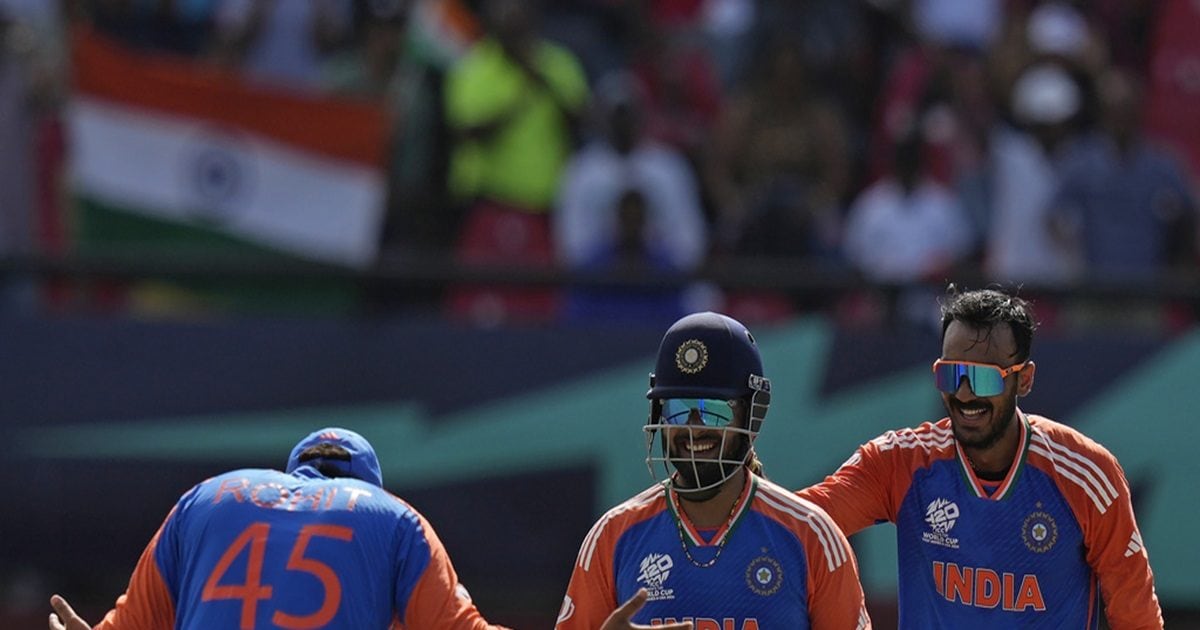New Delhi. The wait for the ICC T20 World Cup final between India and South Africa is now about to end. The name of the winner of the tournament will be revealed tonight itself. In this match, all eyes will be on the South African team because it has made it to the final of an ICC tournament for the first time. The Indian team would like to convert the disappointment of defeat in many previous ICC finals into a trophy. There is a shadow of rain on this match and if the match does not take place then how will the winner be decided. We give you the answer to this question.
The final of the ICC T20 World Cup will be played between India and South Africa tonight. The Indian team led by Rohit Sharma was disappointed after losing to Australia in the ODI World Cup final last year. Earlier, the same team had defeated it in the ICC Test Championship final. This time India defeated Australia in the Super 8 while England was eliminated in the semi-finals. Last time, the same team had eliminated India in the T20 World Cup semi-finals. If South Africa wins here, it will capture an ICC trophy for the first time.
If the match is cancelled who will be the winner?
The ICC T20 World Cup final between India and South Africa has been kept for 190 minutes of extra time. If this match is not played today, it will be completed on the reserve day i.e. June 30. The ICC has kept a reserve day for the final match. If the match is not played on the reserve day due to rain, then the joint winner of the tournament will be declared. This means that both India and South Africa will be declared the winner of the T20 World Cup. Both Sri Lanka and India were declared joint winners of the trophy after the match was not played on the reserve day in the 2002 ICC Champions Trophy.
first published : June 29, 2024, 06:54 IST
`; articlesDiv.innerHTML += articleHTML; }); } // Initialize and render feeds fetchAndRenderFeeds();






